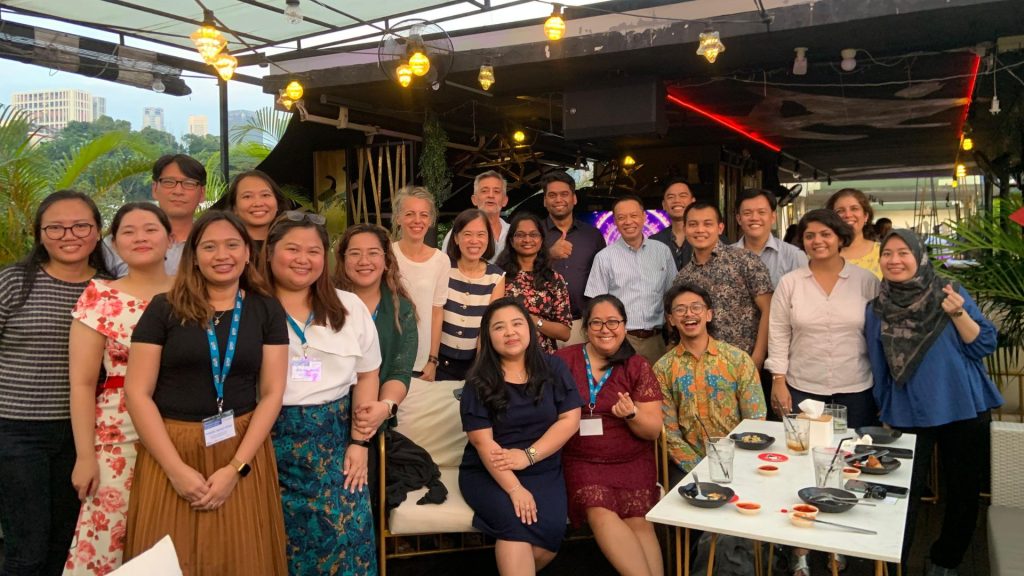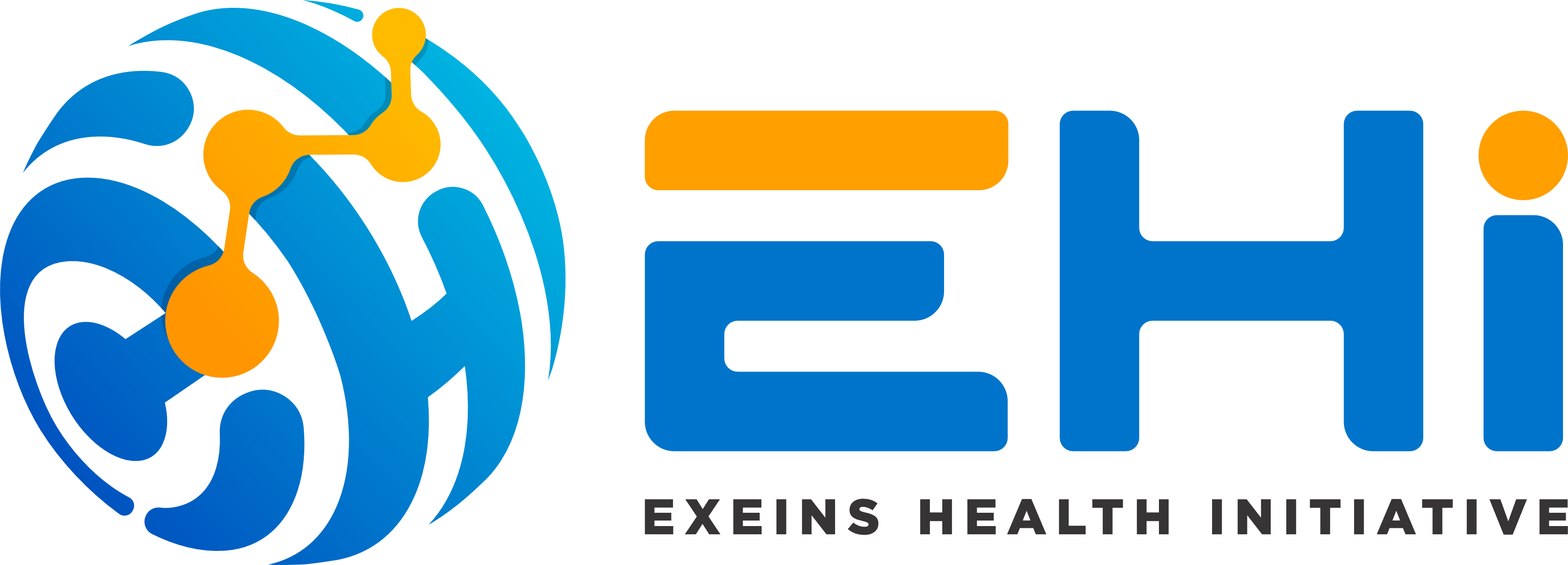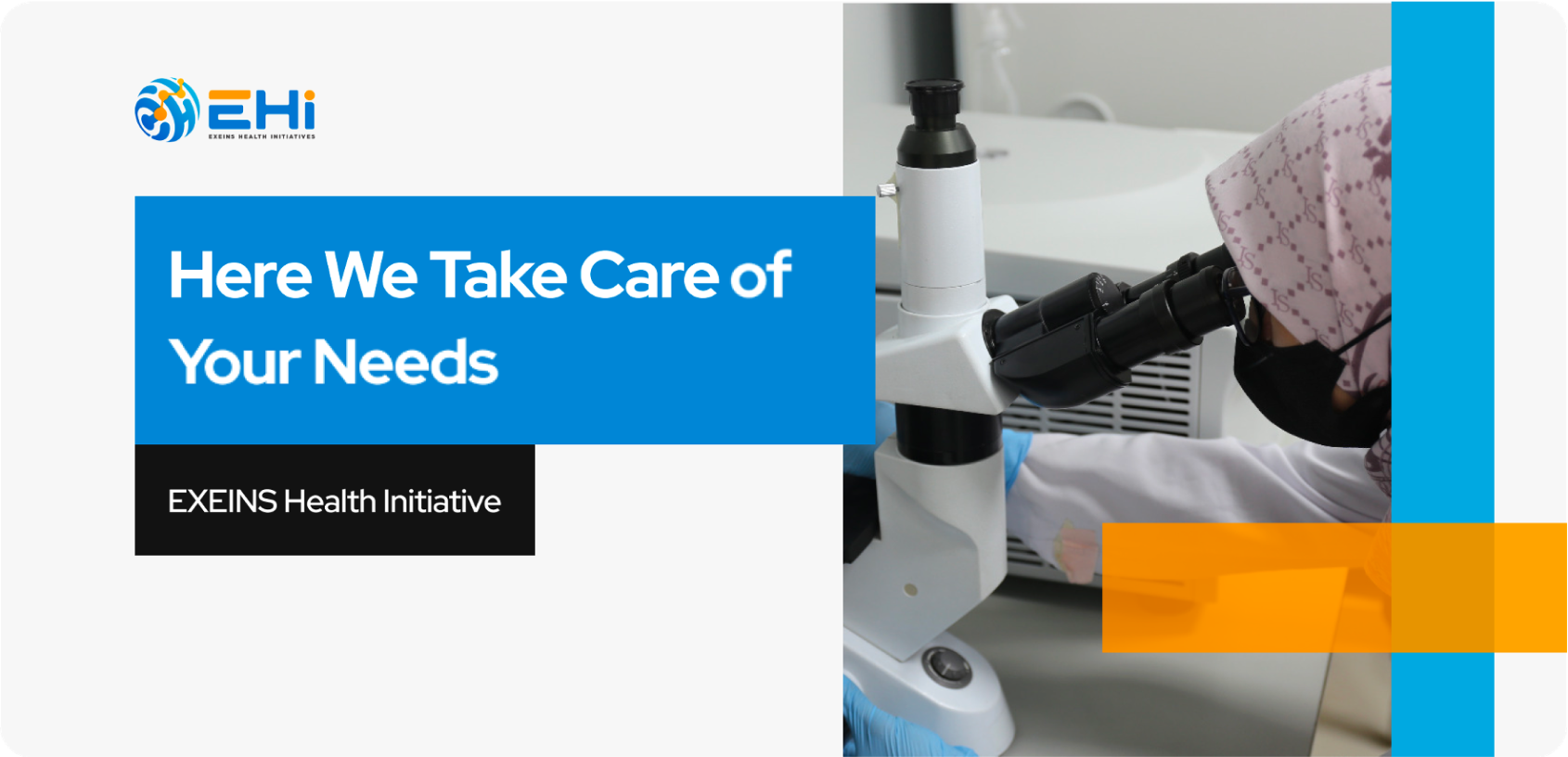
Our last encounter with SARS-CoV 2 showed how crucial it is to be prepared to tackle such an unpredictable emergence of disease. Time, particularly, is rather one pivotal factor that we did not really have during our battle, as the genetic mutation could occur almost instantly, which unfortunately has caused us many griefs.
One way to combat infectious diseases is by using vaccine technology. For decades, various vaccines have been successfully developed and applied to contain and maintain the public health from the threat of pathogens. However, as in the earlier time vaccine development was performed based on empirical approaches and without full support from the immunological point of view, there are still a lot of misunderstandings and misinterpretations in regards to vaccine development within the community. It is fundamental that questions such as how exactly each type of vaccine works, why different vaccines have different efficacy against the same pathogen, and whether vaccine’s efficacy merely relies on humoral responses, among others, are first addressed clearly before we create cutting-edge vaccines.
As a first step to grasp and get a good understanding on how vaccine works, while also updating our knowledge upon vaccine technology’s most recent development, EHI delegated a small team consist of Mercy Egrina Adiniko, M.Sc. and Alfonsus Adi Sadewa, M.Sc. to participate in the course ‘’Masterclass: Updates on Vaccine Science”, which was organised by Duke-NUS Medical School in Singapore, 11-13 October 2023.

‘’Masterclass: Updates on Vaccine Science”, designed for public health professionals, regulators, policy makers, and post-graduate students, was held to provide updates on the science underlying vaccine development and how new knowledge is underpinning the optimism in accelerated vaccine development. This workshop was filled with various fascinating presentations from many vaccine’s experts. For instance, Prof. Eng Eong Ooi talked about how the different vaccine platforms would cause different responses from the immune system. In another part of the workshop, Dr. Esteban Finol and Dr. Danny Tng Jiang Hang talked on how to design a good mRNA vaccine and how to package and stabilise mRNA in the diverse delivery system respectively.
From this workshop, we could conclude that the availability of various new cutting-edge techniques and clinical trial schemes could provide us with the ability to overcome vaccine development difficulty by assessing multiple sides of vaccine profile, ranging from the science to the safety and efficacy aspect. This would significantly reduce the required vaccine development period, which in turn could help us greatly in our battle against infectious diseases.






